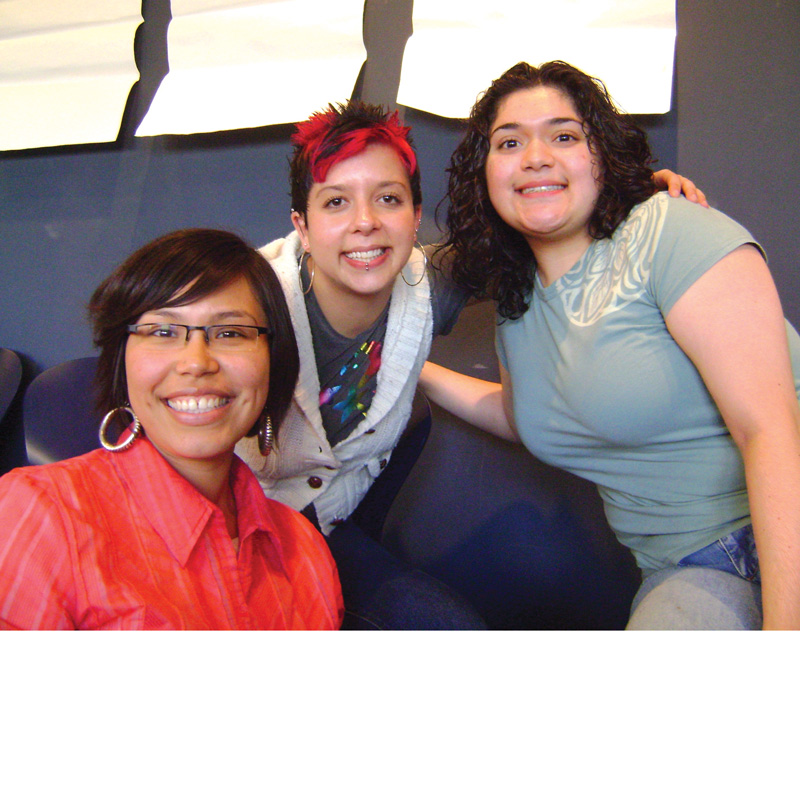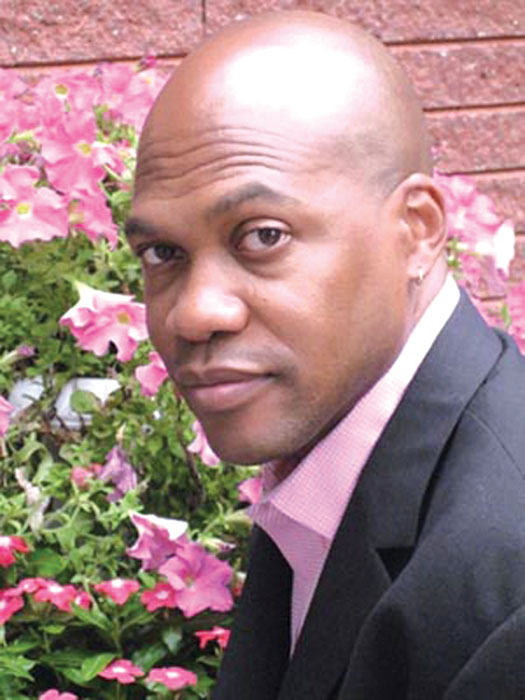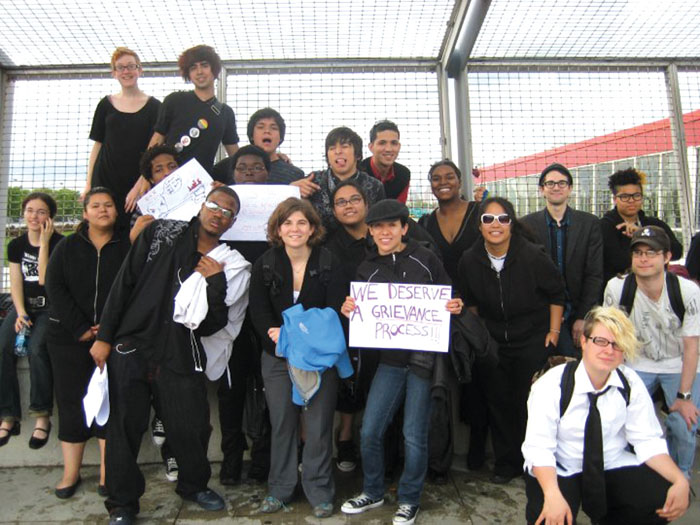Violence is usually discussed within the context of heterosexual families and social groups. It’s widely assumed that people in same-sex households, communities, and relationships are either incapable of causing harm to each other, or that their needs can’t be met by mainstream anti-violence groups. As a result, significant issues like intimate partner violence or the particular needs of transgender youth seeking shelter from abusive homes are not addressed. This leaves portions of the LGBTQ community without the conventional resources available to heterosexuals who seek relief from abuse.
Category: Chicago Chronicles
Articles about/reporting on Chicago events, issues, and people.
The Center on Halsted’s Anti-Violence Project and the National Coalition of Anti-Violence Programs recently hosted a roundtable and regional training sessions. These included a public screening of the documentary, Dangerous Living: Coming Out in the Developing World, May 22. It was one of three events at the Center that week that examined violence and the LGBTQ community.
Soon to enter its 13th year, Dyke March Chicago is, for many lesbians and transgender people, an alternative to Pride Parade. Historically, the March has remained on the city’s North side. This year, it’ll be in Pilsen, home to a predominantly Latina/o community. In the last few weeks, organizers began hearing complaints about the change in venue, and decided to hold a town-hall meeting. According to Nicole Perez, a member of the Dyke March organizing committee, the event was held to dispel misinformation and stereotypes about the logistics of the March and the neighborhood.

At first glance, Winston’s Internet Café is a coffeehouse like many others. Filled with comfortable leather armchairs and sofas and nooks where customers might browse the internet or catch up with friends, the place offers the kind of public solitude that is a hallmark of café culture. In one corner, two computers offer free access to customers. A long L-shaped bar is made of concrete, and both it and the dark wood cabinets gleam softly under the care of owner Jim Stephens, a long-time carpenter who made all the woodwork himself.

“What’s queer about sex offenders? Are sex offenders the new queers?” That was the provocative title of an all-day conference on sex-offender laws, hosted by the University of Chicago and the Center on Halsted and held at the Center May 27. Speakers included literary theorists, activists, artists, legal scholars and political scientists.
When E. Patrick Johnson conceived his book Sweet Tea: Black Gay Men of the South—An Oral History, he did not think the project would ever extend beyond the printed word. Published by the University of North Carolina Press in 2008, the book was a collection of oral narratives. But halfway through the research and interviewing process, Johnson realized he would need to do more. As he explained to Windy City Times in a 2008 interview: “[H] earing them tell their stories in their unique ways suggested to me that the immediacy of the telling had to be recaptured in a way that reading it on a page would not.”

Thirteen LGBTQ protesters staged a sit-in at U.S. Sen. Richard Durbin’s Chicago office May 20. They went to insist that the senator sign a pledge affirming his support for a transgender-inclusive Employment Non-Discrimination Act (ENDA) . The senator was not in his office, but the activists refused to leave unless the pledge was signed; Durbin did not oblige. The pledge required Durbin to “agree to stand before [his colleagues in the U.S. Senate and the media to forcefully declare the urgent need for a transgender-inclusive ENDA in 2010.”

Gender JUST carried out its third direct action against CPS May 13. The local grassroots organization has been waging a campaign for a grievance process that would allow LGBTQ students in Chicago public schools (CPS) to record the harassment they suffer and for greater awareness facing these students overall. According to the group, it has been unsuccessfully attempting for nearly a year to get Ron Huberman, chief executive officer of CPS, to agree to the institution of this process. Finally, feeling that it was being stalled and that talks had broken down, the group has, in recent weeks, been engaging in direct action protests against CPS and Huberman.

Sweet Tea, a new production of E. Patrick Johnson’s one-man performance of the stories and lives of Black gay men in the South, began its theatrical run May 7 at the Viaduct Theatre. The piece is based on Johnson’s book of the same name, a compendium of interviews with 63 subjects. The May 8 performance was preceded by a panel discussion involving several of the men. Windy City Times spoke with three of them separately by phone the day before the initial performance.